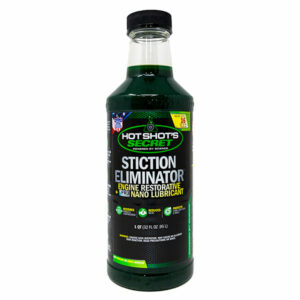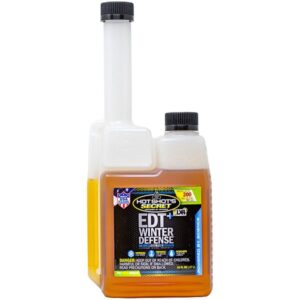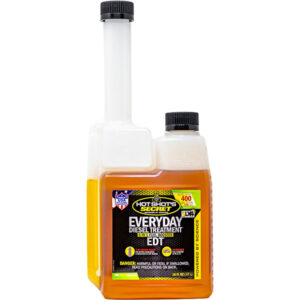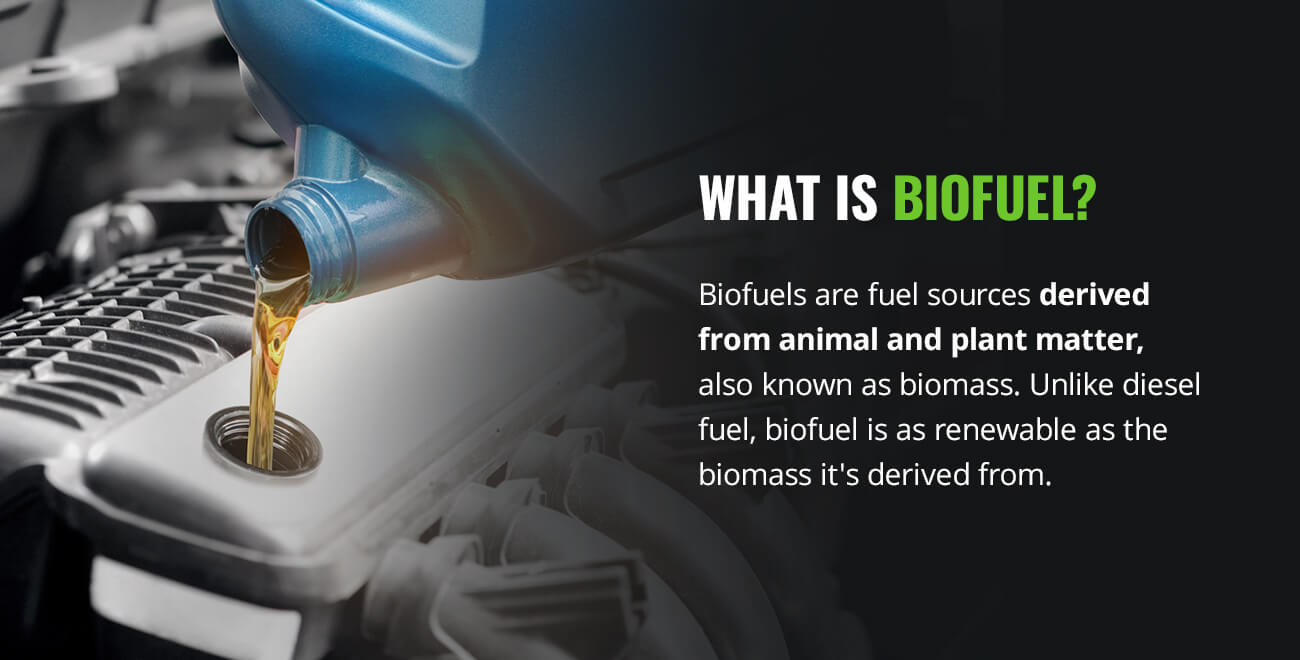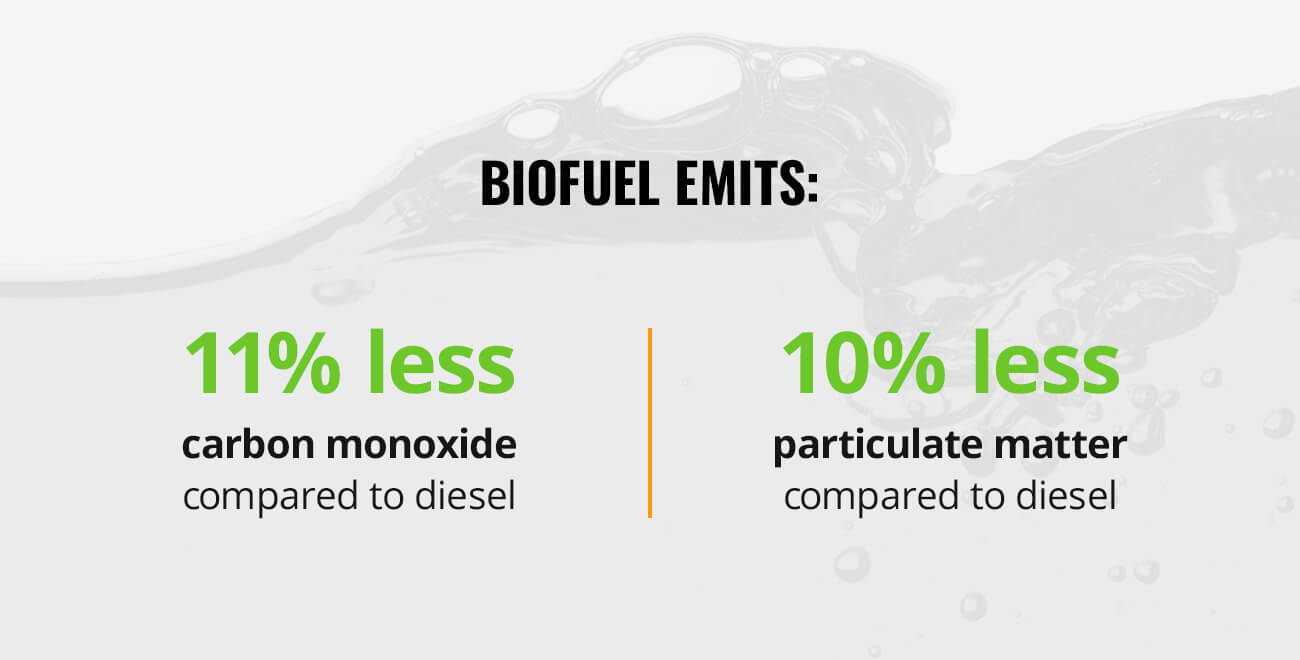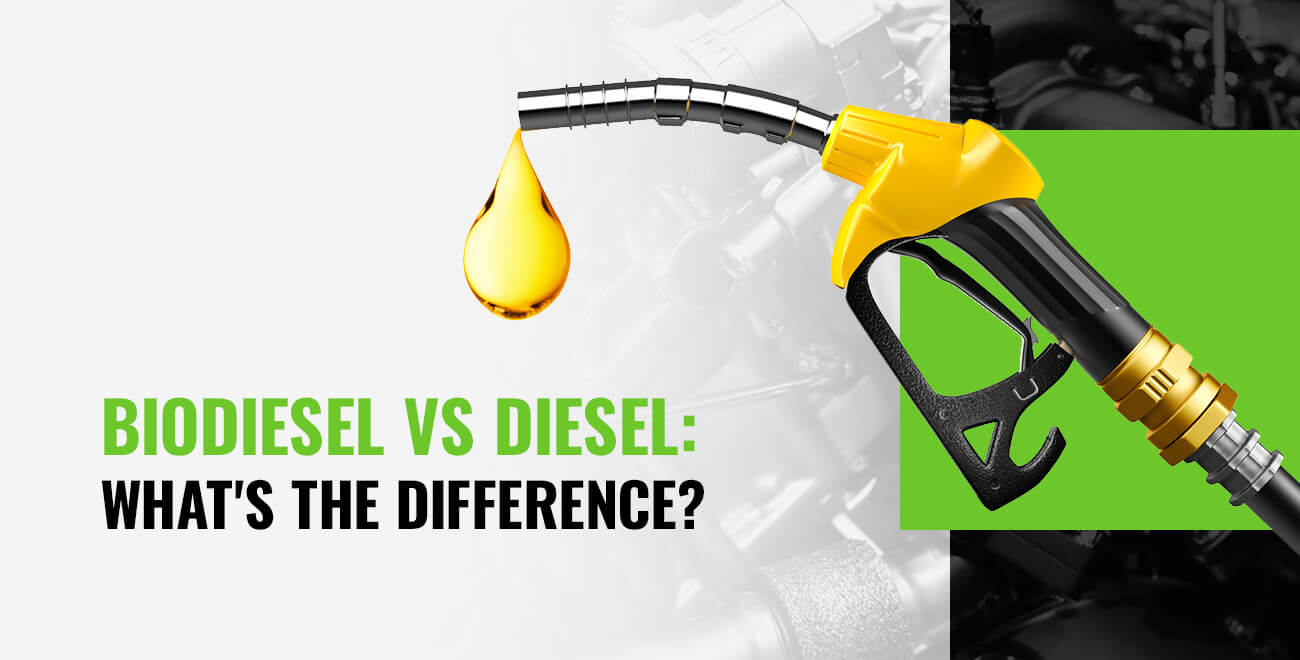
From cars to planes to power generators, heavy machinery requires fuel. For many machines, this fuel comes in the form of diesel. With the advancement of modern technology, alternative forms of fuel are rapidly spreading throughout the market. One such alternative is biofuel, which takes various forms, such as ethanol and biodiesel.
What Are Biodiesel and Diesel?
Diesel is a fossil fuel derived from crude oil, while biodiesel is made from renewable organic materials like vegetable oils or animal fats. Here’s a more detailed explanation of each.
What Is Diesel?
Diesel is a distillate fuel oil compatible with compression-ignition engines. After being patented in 1892 by Rudolf Diesel, it was used in trains, buses and other heavy vehicles, generators, cars and trucks. It was revolutionary because it didn’t require external ignition. Diesel engines compress diesel with enough pressure to ignite, pushing the engine’s piston and driving the machine.
What Is Biodiesel?
Biodiesel is a biodegradable fuel source. It’s classified as a biofuel because it is derived from animal and plant matter. Biofuel is a term for any fuel made from natural sources, of which biodiesel is just one type. Other types of biofuel include ethanol and hydrocarbon fuels.
Biodiesel is made by combining alcohol, such as ethanol, with vegetable oils or animal fats. They can be new or used — even old restaurant grease can be converted into biodiesel. It’s often blended with standard diesel, with the most common blend being Biodiesel B20 — 20% biodiesel and 80% petroleum diesel.
What’s the Difference Between Diesel and Biodiesel?
Diesel and biodiesel have several key differences:
- Compatibility: Diesel works in any diesel engine without modifications. Most modern engines can run on biodiesel blends up to B20 without issues, but higher blends might need modifications.
- Environmental impact: Diesel produces more greenhouse gas emissions. Biodiesel burns cleaner and reduces emissions, particularly carbon monoxide.
- Cold weather performance: Diesel performs better in low temperatures. High biodiesel blends can gel in cold weather without additives.
Performance and Efficiency
Diesel contains more energy per gallon than biodiesel, delivering better fuel economy. Biodiesel has lower energy density, so vehicles running on it may see lower miles per gallon.
When comparing biodiesel B20 and diesel #2 — the standard diesel fuel type, B20 provides a 1% to 2% lower energy output than the same amount of petroleum diesel. Higher percentages also increase negative properties, such as gelling in colder temperatures.
Their compatibility with engines also varies depending on the blend. Diesel works in all diesel engines without needing changes. Most modern diesel engines can handle biodiesel blends up to B20 without issues. High blends or pure biodiesel (B100) might require modifications to the fuel system, or some manufacturers might not recommend it. Exercise caution when using anything with a higher concentration of biodiesel than 20%.
Also, consider additive compatibility. Lubricant companies such as Hot Shot’s Secret offer fuel additives to increase lubricity, prevent gelling, increase energy output and other effects. However, not all of these substances are compatible with biodiesel above 20%, so if you use them regularly, you won’t be able to use biodiesel interchangeably with your usual diesel fuel.
Cost and Availability
There can be differences in cost depending on location and market conditions. Diesel prices fluctuate with global oil markets but can be predictable in most regions.
Biodiesel may be slightly more affordable in areas with state incentives, but prices vary. For example, Illinois provides a sales tax exemption for blends containing more than 10% biodiesel, making it cheaper at the pump.
Diesel is available across the U.S. at most fuel stations. Biodiesel, especially blends like B20, is not as accessible nationwide and is more common in states where it is produced, like Iowa, Missouri, Illinois, Indiana, or states with incentives like California and Texas.
Here are the pros and cons of these two fuels.
Biodiesel
The advantages of biodiesel include:
- Lower carbon emissions: If you have sustainability goals, biodiesel can help achieve them by reducing reliance on fossil fuels and lowering carbon emissions.
- Extended engine life: Biodiesel provides better lubrication, which can help reduce engine wear and extend engine life.
- Cost savings: It may be cheaper in regions with state-level incentives, grants or tax credits.
There are some downsides of biodiesel, including:
- Lower energy: Biodiesel has a lower energy content than diesel, leading to a slight reduction in fuel economy — typically 5% to 8%.
- Less access: It is less available than diesel, especially outside states with government incentives.
- Possible gelling: Biodiesel can gel in cold weather, which can be problematic unless blended with diesel or additives.
Diesel
Here are the advantages of using diesel for your engine:
- Higher energy content: Diesel has a higher energy content, typically producing better fuel economy.
- More availability: It’s widely available at almost every gas station across the U.S.
- Complete compatibility: Diesel engines require no modifications to use diesel fuel.
- All-weather performance: Diesel is more reliable in all weather conditions, including extreme cold.
The disadvantages of diesel include:
- Less sustainable: Diesel is a fossil fuel, contributing to higher greenhouse gas emissions and air pollution.
- Fluctuating prices: Diesel prices fluctuate based on global oil markets.
- Increased engine wear: It offers less lubrication than biodiesel, which can cause more engine wear.
Hot Shot’s Secret Solutions for Diesel and Biodiesel
Diesel and biodiesel are versatile, making them suitable for cars, other vehicles and even power generators. Whether you use diesel or biodiesel, Hot Shot’s Secret has you covered. We offer a variety of products for your vehicle, including engine additives to optimize performance. We also have a selection of diesel and upto B20-friendly fuel additives:
- Everyday Diesel Treatment: EDT is a reliable solution to use at each fill-up to maintain optimal performance and longevity in all diesel engines. This powerful product cleans cylinders, fuel lines and tanks, disperses moisture, boosts cetane up to seven points, and increases lubricity and miles per gallon.
- Diesel Anti-Gel & Conditioner: To prevent clogged fuel filters and fuel lines during colder months, when temperatures drop below 32°F, use our EDT+ Winter Defense. It lowers your diesel fuel’s cold filter plugging point (CFPP). It also adds lubricity and cetane, improving cold starts and fuel economy.
- Diesel Winter Rescue: Our Diesel Winter Rescue is a military-grade de-icer and lubricity additive that restores your engine’s power and improves fuel flow in emergencies. Use it to de-ice frozen fuel filters and re-liquify gelled fuel in tanks.
Protect Your Engine With Hot Shot’s Secret
Whether you choose biodiesel or diesel will depend on your priorities. If you want superior fuel economy — you might choose diesel. Looking to lower your emissions or support renewable resources? Biodiesel may be your solution. Whichever you choose, let Hot Shot’s Secret products optimize your engine’s performance and efficiency. Browse our online shop and enhance your driving experience today.

